
Drink one cup daily of this juice to UNCLOG arteries?
Did you know that something as simple as drinking pomegranate juice may help support and protect your heart—your body’s most vital organ? Heart disease remains the #1 cause of death in developed countries, so anything that can help reduce risk is worth paying attention to.
In today’s video, we’re breaking down five powerful cardioprotective benefits of pomegranate juice—benefits that work together to support healthy arteries, promote better circulation, and help maintain normal blood pressure.
One of the biggest reasons pomegranates are so effective comes from a unique compound found almost exclusively in this fruit… and it’s responsible for many of its most remarkable health properties.
Number 5: Pomegranate Juice Helps Reduce Oxidative Stress
When it comes to heart health, one of the most important things you can do is reduce oxidative stress and chronic inflammation in the blood vessels. Over time, oxidative damage weakens arteries, making them more vulnerable to plaque buildup and narrowing.
Pomegranates are particularly rich in punicalagins, a rare type of antioxidant polyphenol. These compounds are so potent that they account for over half of the total antioxidant activity of pomegranate juice.
In one comparative study, researchers tested pomegranate juice against other well-known antioxidant-rich beverages such as grape juice, cranberry juice, green tea, as well as nutrients like vitamin C.
Pomegranate juice came out ahead, offering stronger protection against free-radical damage to cell membranes.
Regularly consuming pomegranate juice may help your body counter harmful oxidative processes, keeping blood vessels healthier and more resilient over time.
Number 4: Pomegranate Juice Supports Nitric Oxide Activity
Nitric oxide is a natural molecule your body produces—one that plays a crucial role in maintaining healthy blood flow. Its main job is vasodilation, which means helping blood vessels relax so that blood can move easily throughout the body.
Low nitric oxide levels have been linked to several health concerns, including cardiovascular disease, high blood pressure, diabetes, and even erectile dysfunction.
Nitric oxide also helps:
-
Reduce LDL oxidation
-
Support healthy endothelial function
-
Slow the progression of arterial plaque buildup
Multiple studies have found that pomegranate juice can enhance nitric oxide activity, while its antioxidants help protect nitric oxide from breaking down too quickly.
In one study, both pomegranate fruit extract and pomegranate juice increased nitric oxide production—suggesting that the juice may help maintain healthier, more flexible arteries.
Number 3: Pomegranate Juice Helps Prevent LDL Oxidation
LDL cholesterol itself isn’t always harmful—but oxidized LDL is. Oxidized LDL triggers inflammatory reactions inside artery walls, leading to plaque formation and increasing the risk of heart disease.
It can also suppress nitric oxide levels, further affecting circulation.
In a laboratory study, researchers treated human coronary artery cells with pomegranate juice and observed a significant increase in nitric oxide levels—suggesting a dual benefit:
reducing LDL oxidation while supporting better blood flow.
Although more human research is needed, these findings highlight how antioxidants in pomegranate juice may help protect arteries from long-term damage.
Number 2: Pomegranate Juice May Help Support Healthy Blood Pressure
Pomegranates contain compounds that are believed to help support normal blood pressure levels. Two key nutrients—polyphenols and potassium—play major roles in vascular relaxation and sodium balance.
A 2012 study found that participants who drank one cup of pomegranate juice daily for 28 days experienced improvements in systolic blood pressure.
A separate 2017 review of eight clinical trials showed consistent evidence that people who regularly consumed pomegranate juice saw healthy reductions in blood pressure.
One theory is that pomegranate juice may help reduce levels of angiotensin-converting enzyme (ACE)—an enzyme that raises blood pressure by helping produce angiotensin II, a hormone that constricts blood vessels.
While pomegranate juice isn’t a replacement for medical treatment, incorporating it into a balanced diet may provide additional cardiovascular support.
Number 1: Pomegranate Juice May Support Arterial Health
One of the most striking studies on pomegranates was published in 2004 in the journal Clinical Nutrition. Researchers gave daily pomegranate juice to patients with severe carotid artery stenosis—defined as 70–90% blockage in the internal carotid arteries.
Over the course of a year:
-
The size of atherosclerotic lesions in the artery decreased by 35%
-
Total antioxidant activity in the blood increased by 130% compared with baseline levels
The carotid arteries supply over 80% of the blood flow to the brain, so improvements in these vessels may have major implications for stroke risk.
Another study from the Preventive Medicine Research Institute followed patients with reduced blood flow to the heart muscle. Participants who consumed eight ounces of pomegranate juice daily for three months showed significantly better blood flow, while those drinking a placebo saw no improvement.
Although larger and longer-term studies are needed, early research suggests that pomegranate juice may support existing medical treatments aimed at improving vascular health.
How to Eat a Pomegranate Without Making a Mess
Getting the arils out of a pomegranate doesn’t have to be difficult. The easiest method is:
-
Cut the fruit in half around its diameter.
-
Hold one half face-down over a bowl.
-
Firmly tap the back with a large spoon or spatula.
The seeds (arils) will fall out with minimal mess.
When choosing fresh pomegranates, look for:
-
Deep red or reddish-brown skin
-
A heavy-feeling fruit (indicating lots of juice)
-
A firm but slightly flexible rind
Fresh pomegranates are typically in season from late September through November in the U.S. If they’re out of season where you live, frozen pomegranate arils are a convenient alternative that retain most of their nutrients.
Final Thoughts
Pomegranate juice is not a miracle cure, but it is one of the most nutritionally dense, antioxidant-rich beverages available. Its combination of polyphenols, punicalagins, vitamins, and minerals makes it a powerful addition to any heart-healthy diet.
As always, this video is purely educational and not medical advice.
If you have heart disease, high blood pressure, or other health conditions, speak with your healthcare provider before making major dietary changes.
If you enjoyed this video, don’t forget to Like, Share, and Subscribe—and tap the Bell icon so you never miss a new upload!
Now it’s your turn:
Do you drink pomegranate juice regularly? What benefits have you noticed?
Share your experiences in the comments—we’d love to hear from you!
News in the same category


9 cancer warning signs your body is sending you (don’t ignore these!)

Texas reports 4× surge in whooping cough cases — health officials issue statewide alert

Throat problems may be warning you about hidden blood pressure issues, study finds

Top 10 signs of a BLOOD CLOT in your leg (prevent Deep Vein Thrombosis)
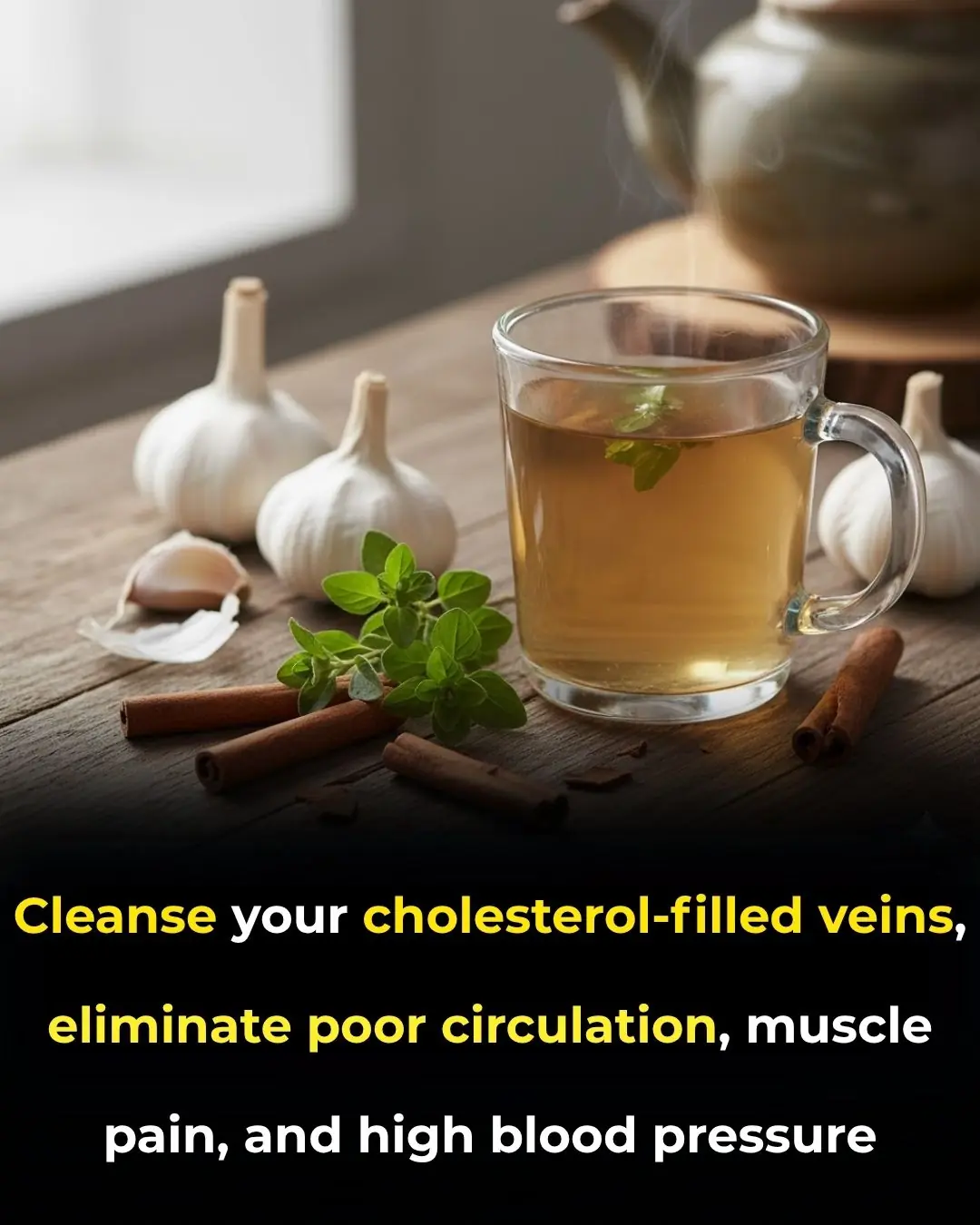
Say Goodbye to Parasites, Cholesterol, High Blood Pressure, and Poor Circulation With This 7-Day Homemade Drink
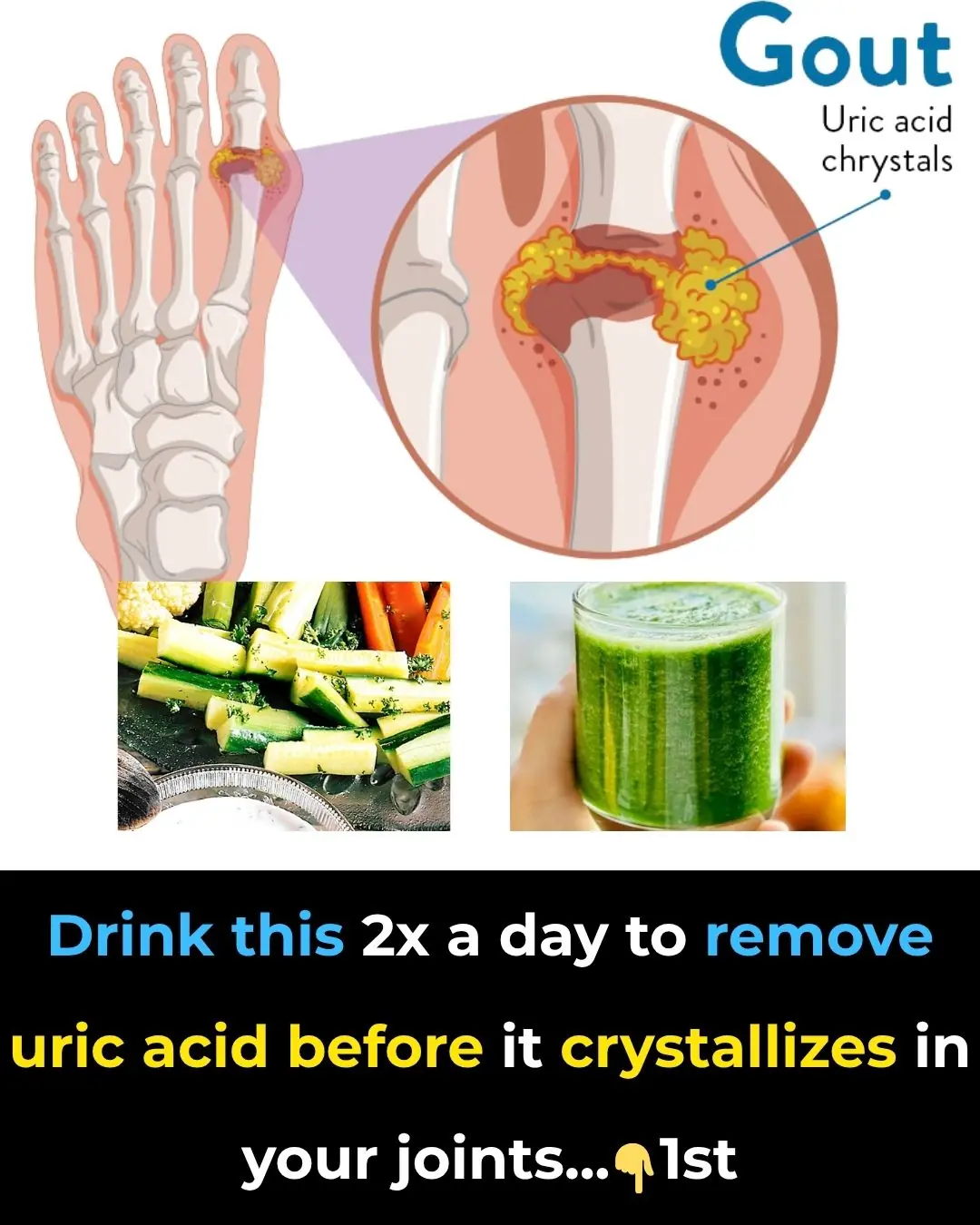
Drink This 2X a Day to Remove Uric Acid Before it Crystallizes in Your Joints and Becomes Painful

Lower blood sugar naturally by training just 2 leg muscles
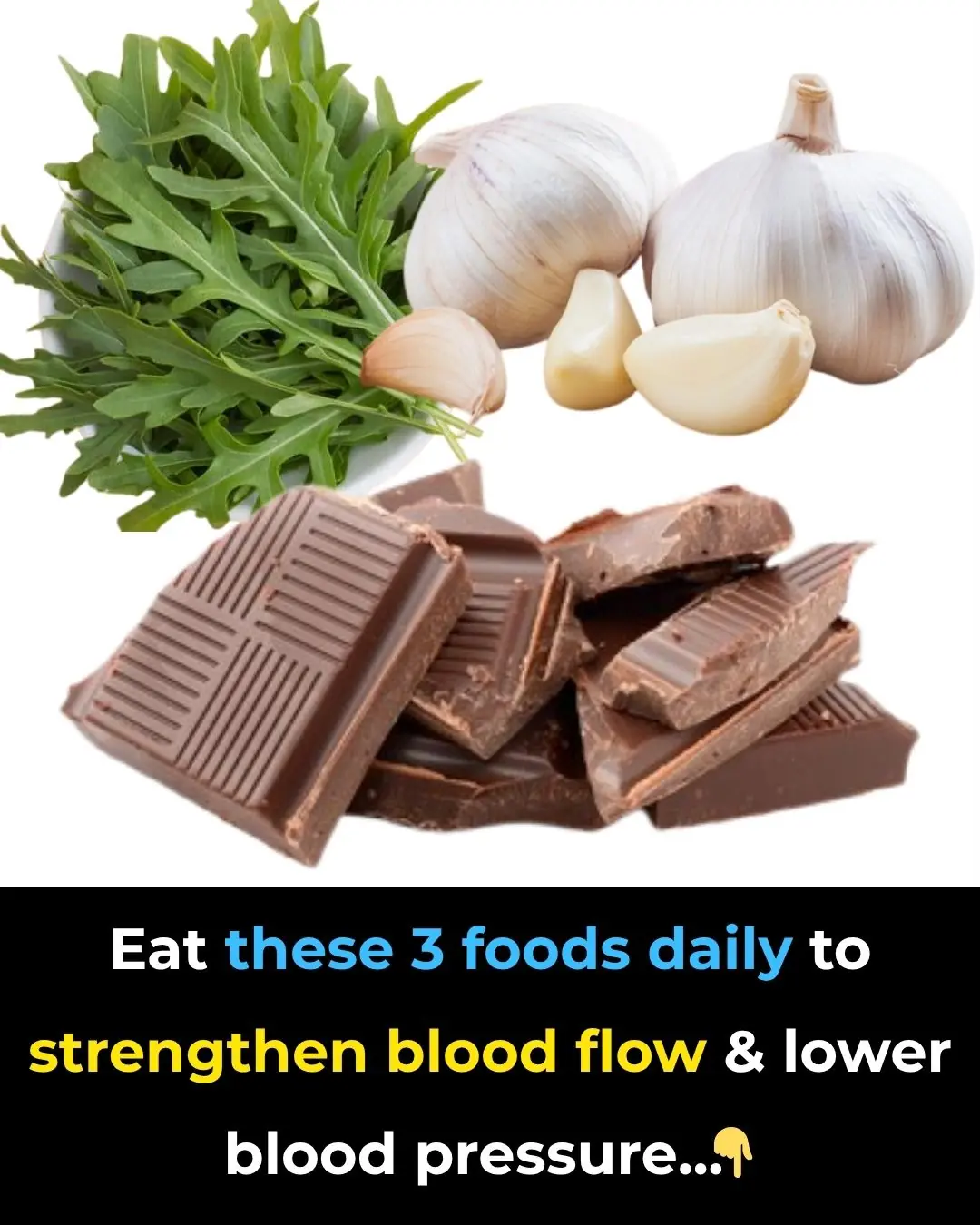
3 Food Combo to Strengthen Your Heart

What Your Belly Is Trying to Tell You
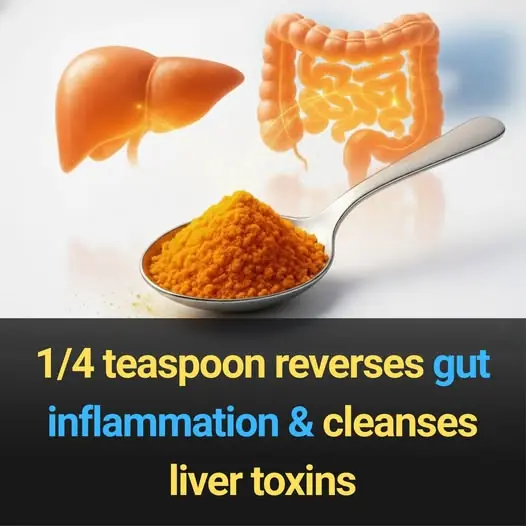
1/4 teaspoon reverses gut inflammation & cleanses liver toxins

Vitamin D3 cuts second heart attack risk by half

One Month Before A Heart Attack, Your Body Will Warn You Of These 7 Signs

4 vitamins to reverse neuropathy and damaged nerves – relieve foot & hand pain fast!

1st death linked to “meat allergy” spread by ticks, doctors confirm

Ignite Your Day: Eggs + Coffee for Unstoppable Stamina & Vitality

How to Effectively Remove a Painful Ingrown Toenail WITHOUT Having To Go To The Doctor

This Is What Happens To Your Lungs When You Dry Laundry Indoors

Medicinal Health Benefits of Turmeric, Curcumin and Turmeric Tea Based on Science
News Post

Why should you drop a clove of garlic into the toilet at night?

4 ways to boil chicken without water

5 Best Collagen Toners For Wrinkle Free Glowing Skin

Rice water is like gold in the house if you know how to use it for these things
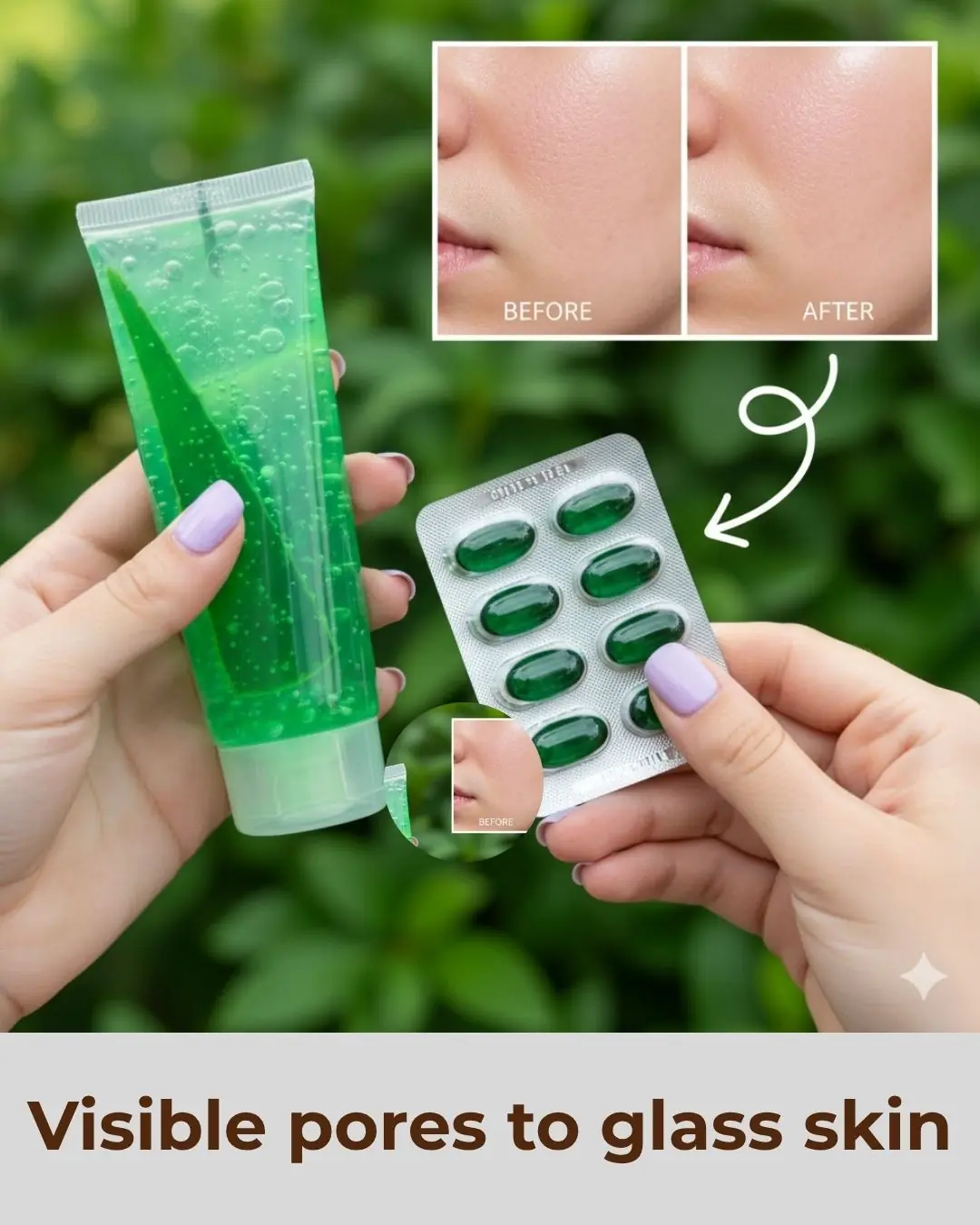
7 Days Indian Glass Skin Challenge

I Just Discovered the Benefits of Hanging a Bottle Cap on a Keychain

4 Dangerous Mistakes When Using an Air Fryer: Risks of Food Poisoning, Cancer, and Fires
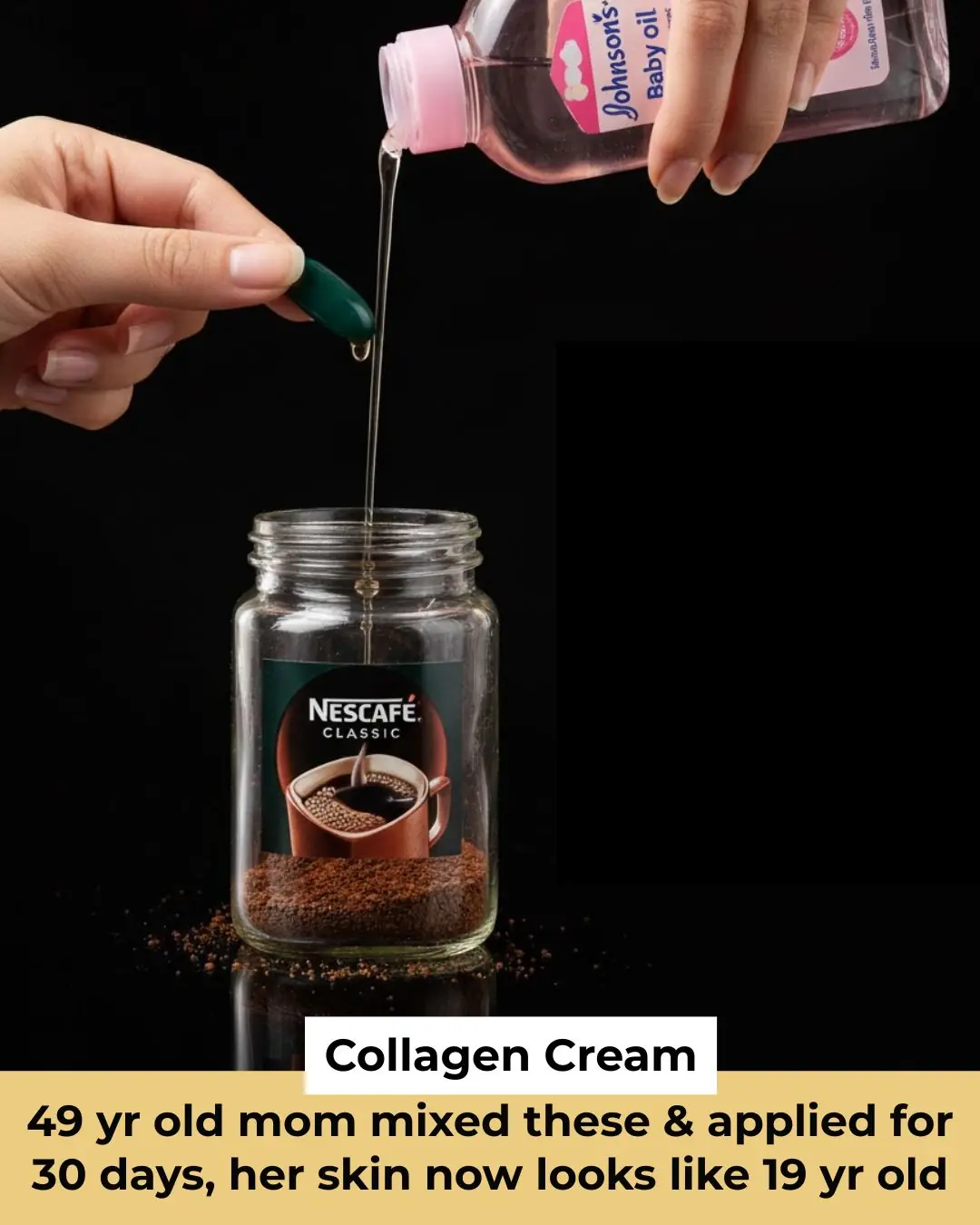
Coffee Baby Oil Vitamin E Formula: Collagen Cream For Wrinkle Free Glowing Skin

Lady places cup of vinegar into microwave. Here’s the genius reason why

I had no idea this was a thing

6 ways to use wind oil to help repel mosquitoes extremely well

10 odd home fixes you’ll wish you learned years ago

12 weird but genius ways to unclog things naturally

Put borax on wax paper and slide it under fridge. Here's why

How to Grow Cucumbers in Pots for Heavy Harvests All Season Long

How to make steamed pears with rock sugar is both delicious and nutritious
Let’s take a look at some tips to help keep your kitchen space clean and free of unpleasant odors.
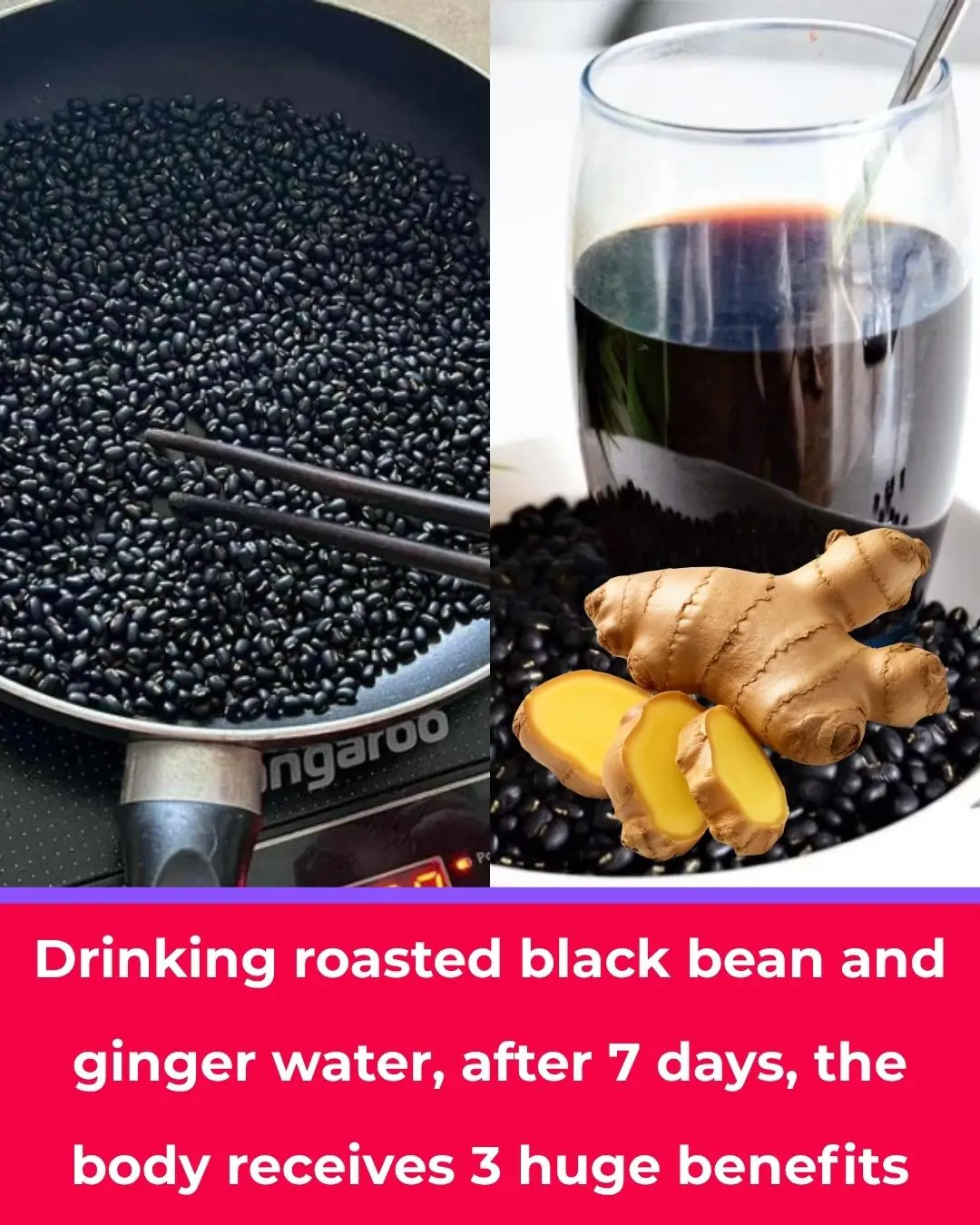
Drinking Roasted Black Bean and Ginger Tea for 7 Days Brings 3 Major Health Benefits
